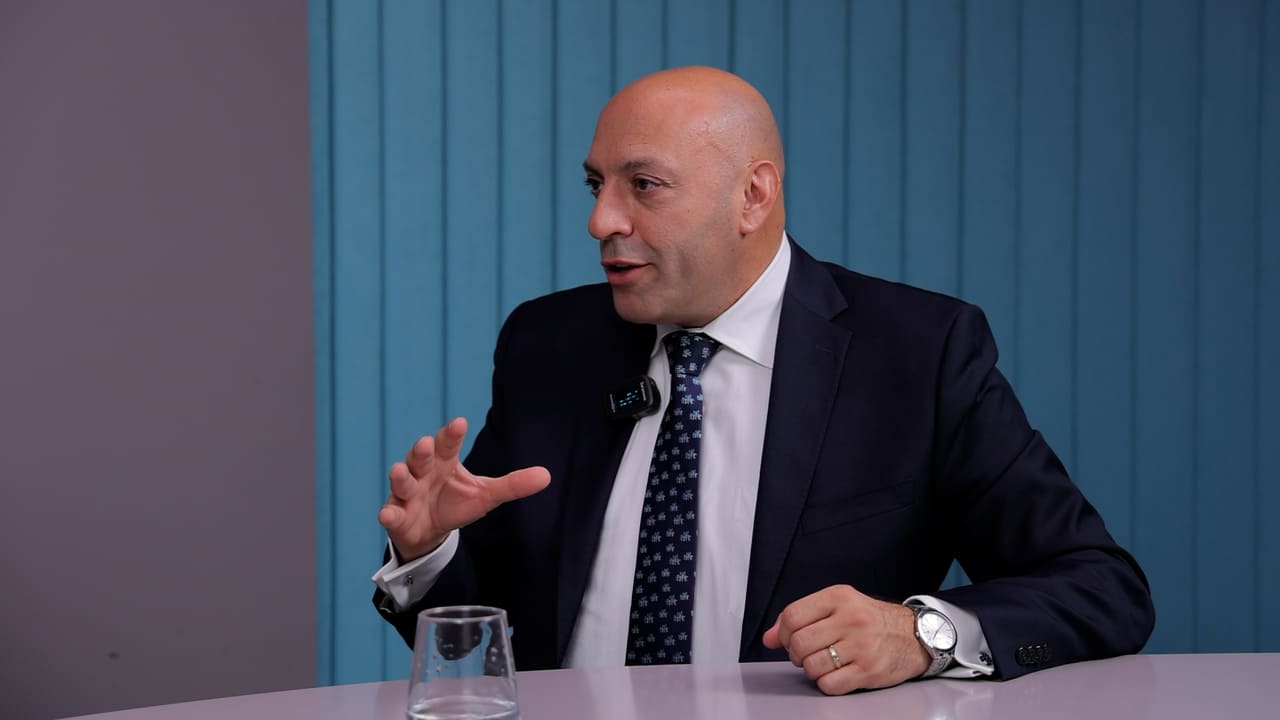This year marks a crucial milestone in Uzbekistan's efforts to promote child rights, celebrating both the 30th anniversary of UNICEF's presence and 30 years since Uzbekistan ratified the Convention on the Rights of the Child (CRC). In an exclusive interview with Daryo, UNICEF Representative Ghassan Khalil shared insights on the achievements, challenges, and the future of child rights in Uzbekistan and Central Asia.

What Is the Convention on the Rights of the Child?
The CRC, adopted by the United Nations General Assembly in 1989 and ratified by Uzbekistan in 1994, is the most widely accepted human rights treaty, with 196 countries committed to its principles. According to Mr. Khalil, "Child rights are all the human rights applicable to children, ensuring their dignity is respected at all times." The convention plays a key role in achieving the UN's Sustainable Development Goals (SDGs) and the Agenda 2030 by emphasizing the need for investment in children.
UNICEF’s Progress in Uzbekistan
In recent years, Uzbekistan has made notable strides in advancing children’s rights, thanks to close cooperation between UNICEF and the government. Mr. Khalil acknowledged the progress in areas such as early childhood education and healthcare, with over 70% of children now attending preschool and a notable decrease in child mortality rates. “Governments across the region are increasingly recognizing the importance of child rights,” he said, emphasizing that while some countries may lag in certain areas, Uzbekistan has emerged as a regional leader.
Religious Leaders Supporting Child Rights in Uzbekistan
One of the critical initiatives discussed was the increased engagement with religious leaders to promote child rights. In a pioneering move, UNICEF Uzbekistan organized a two-day seminar involving 72 imams from across the country to discuss children’s rights and the importance of integrating these into religious teachings. Mr. Khalil noted that this collaboration has set a precedent for other nations in the region. “The Convention on the Rights of the Child and Islam are in line—both support children’s rights. The challenge lies in ensuring correct interpretations,” he added.
Addressing Gender Roles and Cultural Shifts in Uzbekistan
Uzbekistan, like many countries, faces cultural challenges in changing long-established gender roles. Traditional expectations often limit girls to domestic roles and discourage boys from expressing emotion. However, Mr. Khalil emphasized the importance of fostering environments where all children, regardless of gender, can thrive. “Fathers need to understand that they have the same responsibilities toward their children as mothers,” he said, calling for greater affection and psychological safety for children in all aspects of their upbringing.
One of the convention’s lesser-known rights—the right to play—was also highlighted as an essential element in a child’s development. Article 31 of the CRC enshrines play as a fundamental right, reinforcing the idea that education must go hand-in-hand with opportunities for recreation and emotional well-being. “A child who’s afraid of being insulted or bullied will not learn well,” Mr. Khalil remarked, underscoring the need for safe and supportive school environments.
How Conflicts and Climate Change Impact Child Rights Globally
In light of the increasing number of global conflicts and natural disasters, Mr. Khalil expressed concern about the growing vulnerability of children. “More than 80% of casualties in modern conflicts are civilians, and children suffer the most,” he said. He also noted the devastating impact of climate change, with wildfires, floods, and other disasters disproportionately affecting children worldwide.
Despite these challenges, Mr. Khalil remains hopeful. He emphasized the importance of governments taking the lead in protecting children, both during crises and in everyday life. “Governments must agree on a strong position to protect children, whether in armed conflicts or natural disasters,” he stated. He also called for a united global effort to create a more peaceful world where children can grow and develop in safety and happiness.
.Long-Term Vision for Child Rights Education
Mr. Khalil emphasized the need for long-term strategies to embed child rights into national education systems. He advocated for incorporating child rights into university curricula, ensuring that future professionals—whether doctors, lawyers, or social workers—are knowledgeable about children's rights. "It’s a long-term vision, but it has to start now," he said.
Conclusion
As UNICEF continues its mission to promote children's rights, Uzbekistan’s progress stands as an example of how national policy and community involvement can protect and enhance the lives of children. Through ongoing commitment from governments, religious leaders, and civil society, Uzbekistan is on a promising path to ensuring that every child enjoys their full spectrum of rights as outlined in the Convention on the Rights of the Child.
By focusing on child rights for 30 years, Uzbekistan and UNICEF have laid a strong foundation, but the journey is far from over. Continued collaboration and advocacy are essential to creating a brighter future for Uzbekistan’s children.
Key Takeaways:
- Uzbekistan celebrates 30 years of child rights progress.
- UNICEF works closely with the government to improve education and healthcare.
- Religious leaders are key allies in promoting child rights in Uzbekistan.
- Cultural challenges remain, but progress is being made in gender equality.
- Conflicts and climate change pose ongoing threats to child rights globally.
- UNICEF advocates for long-term child rights education in universities and professional training.
Watch the full interview on Youtube:
Comments (0)